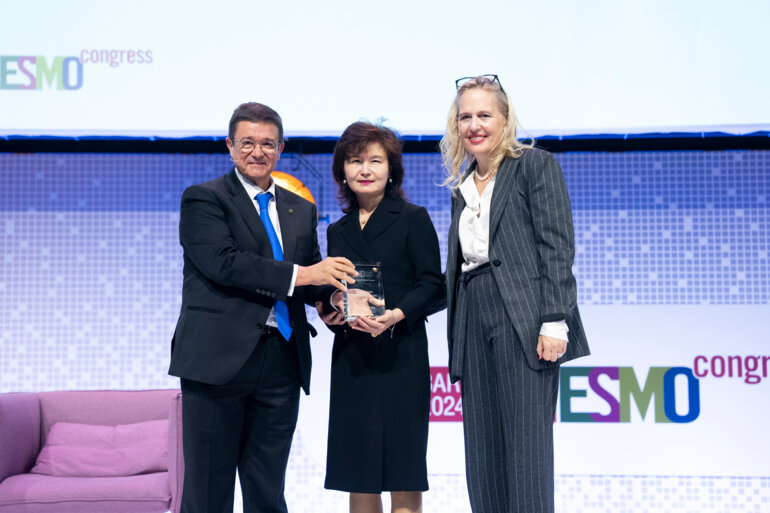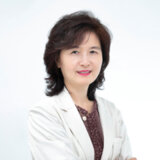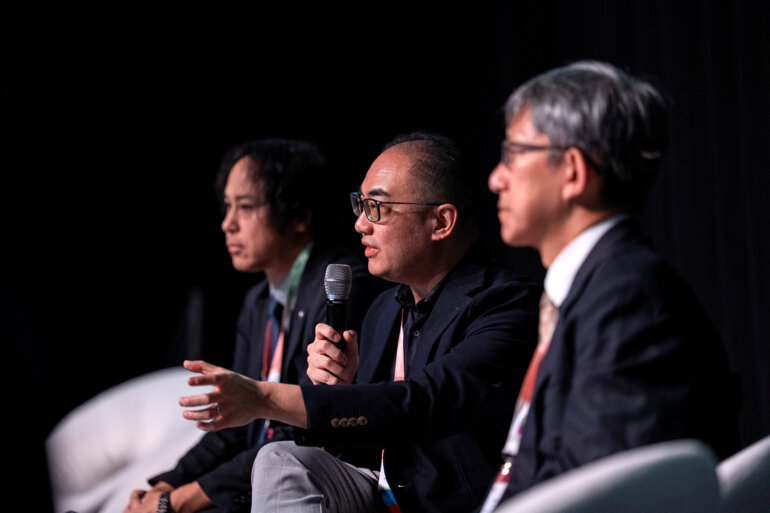ESMO Women for Oncology Award Recipient Prof. Myung-Ju Ahn discusses gender equity in lung cancer research
At the ESMO Congress 2024 (Barcelona, 13–17 September), the recipient of the 2024 ESMO Women for Oncology Award, Prof. Myung-Ju Ahn from Sungkyunkwan University School of Medicine, Seoul, Republic of Korea, will discuss the female oncologists who inspired her to pursue a career in lung cancer and how strong female leadership can reduce gender bias in oncology.
Which inspirational women encouraged you to pursue a career in oncology?
When I was a resident in internal medicine and then during my fellowship, I was greatly inspired by Professors In-Soon Kim and Sang Hee Kim, who were both Korean haematologists and oncologists trained in the United States. At that time, it was quite rare for a woman in my country to have been trained in the United States, and I was deeply impressed by their achievements. After I became a lung cancer specialist, Professors Joan Schiller and Karen Kelly from the United States and Prof. Frances Shepherd from Canada became role models for me. Their passion for science and education and their significant accomplishments in lung cancer research motivated me to develop my career in this field. Additionally, I was also inspired by my colleagues, Prof. Solange Peters from Switzerland and Prof. Heather Wakelee from the United States for their prominent leadership as women oncologists in the lung cancer field.
What responsibilities come with being a leader and a role model?
From my perspective, integrity, hard work, fairness, and ethical conduct are vitally important. Additionally, mentoring and supporting others, especially young faculty and women entering the field, is crucial. Leaders should strive to create an inclusive and collaborative environment that encourages diverse perspectives and innovative ideas. They should also continuously pursue self-improvement, remain open-minded to feedback, and effectively guide and inspire others.
In your experience, what are the challenges for women working in the oncology field? Are there specific challenges unique to the Republic of Korea?
While things have improved significantly since I began my career in 1991, women in oncology still face gender bias and a lack of representation in leadership positions. Balancing professional responsibilities with personal life, especially for those with children, is difficult. Access to networking and mentorship opportunities is also limited compared to male counterparts. Traditionally, the Republic of Korea has been a patriarchal society, and this is more pronounced in professional areas such as oncology and academia. Cultural expectations and social standards add additional pressure on women, as there is a strong emphasis on traditional gender roles within the household. These challenges make it difficult for women to advance their careers in specialised professional fields.
Why do you think it is important to strengthen female representation in the oncology field?
Increasing the number of women in leadership positions can inspire and encourage more young female doctors to pursue careers in oncology, helping to address the gender gap in the field. Female leaders can drive the development and implementation of policies that support work–life balance and gender equality, creating a more supportive environment for all researchers. A diverse team, including women, leads to more innovative research outcomes and a broader range of perspectives.
What advice would you give to young women starting their careers in oncology?
My advice is to be passionate and dedicated to your work as a researcher, regardless of gender. Find mentors who can provide guidance and support, and do not hesitate to seek help when needed. Building a strong professional network by attending conferences, joining professional organisations, and collaborating with colleagues is essential. However, it is also critical to maintain a balance between your professional and personal life. It is important to remember that your contributions are valuable, and developing your unique perspective is essential for your growth in the field of oncology.
Programme details
Ahn M-J. ESMO Women for Oncology Award lecture: Bridging gaps in lung cancer research and gender equity. ESMO Congress 2024
Opening Session, 13.09.2024, h. 12:00 – 13:45, Barcelona Auditorium – Hall 2
Empowering women in oncology: Exploring solutions to today's challenges across oncology fields. ESMO Congress 2024
ESMO W4O Forum, 14.09.2024, h. 14:45 – 16:15, Cartagena Auditorium – Hall 7








